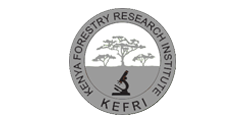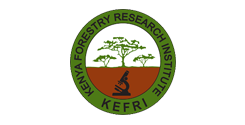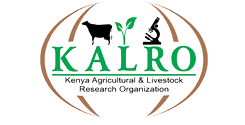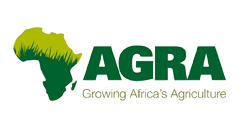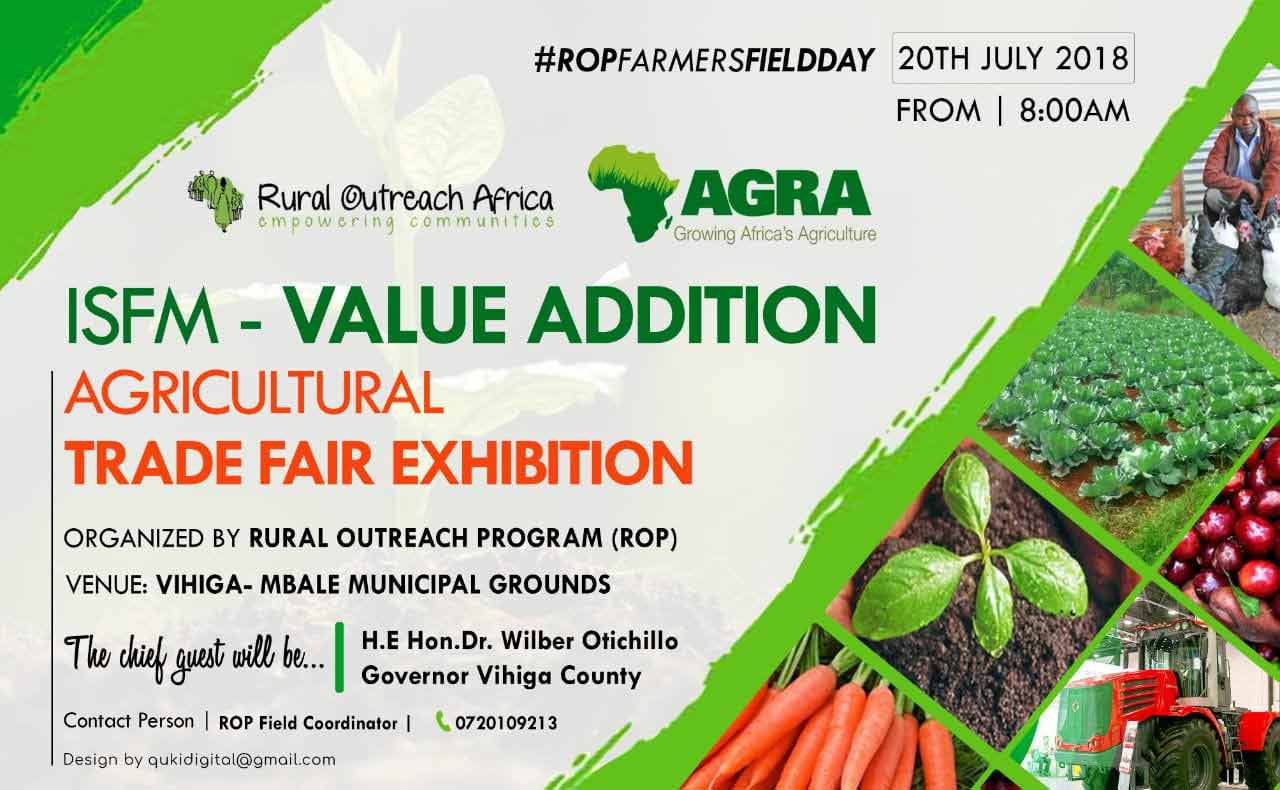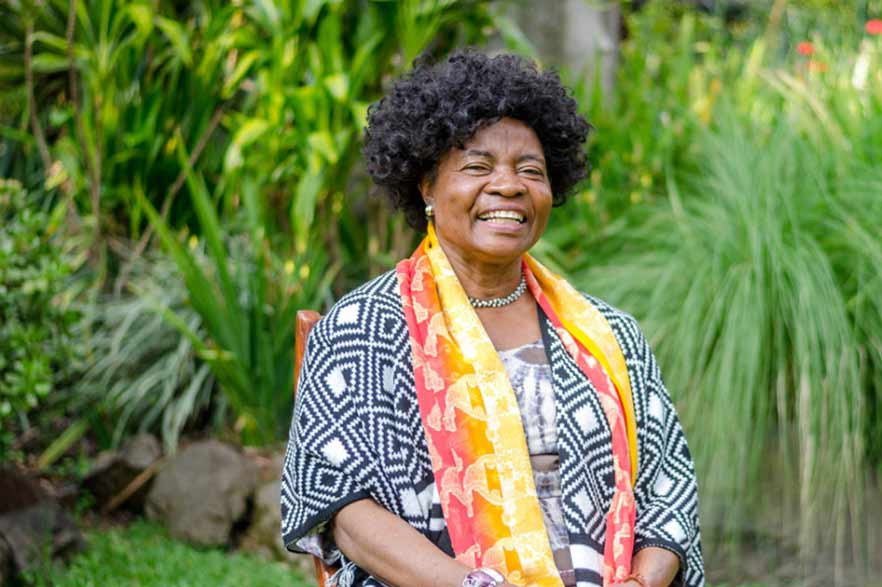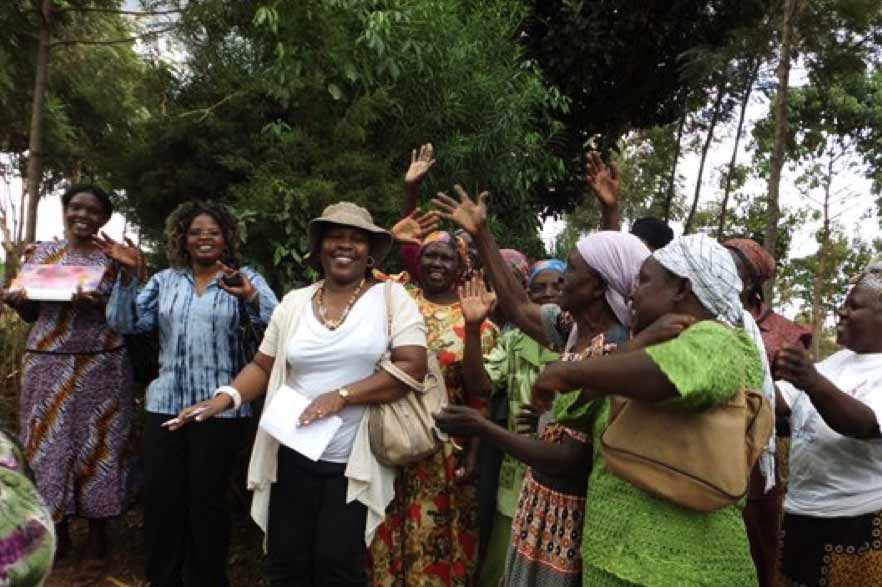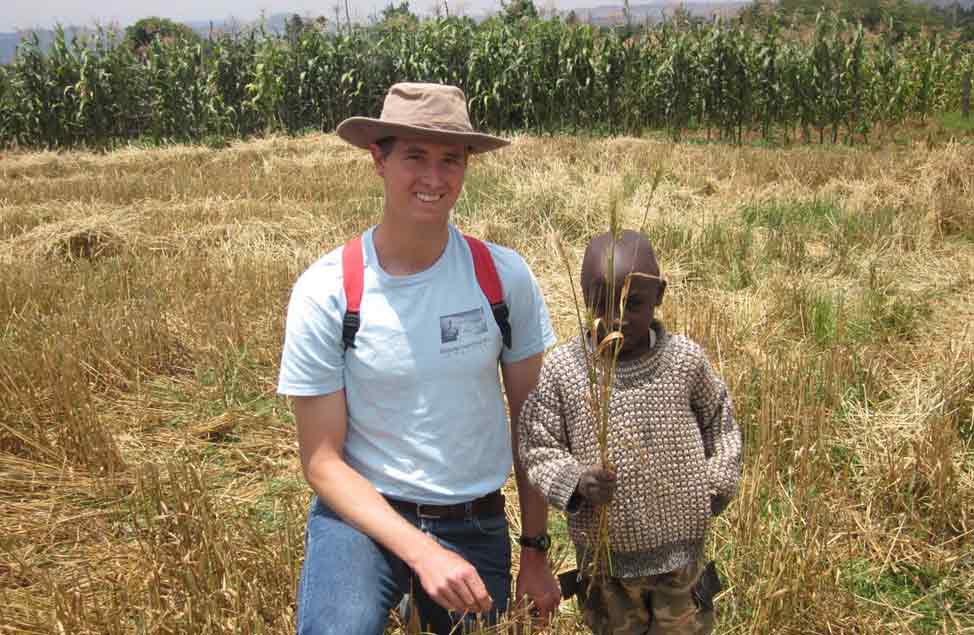Rural Outreach Africa (ROA)
ROA’s priority at inception was to address the rampant malnutrition in poverty stricken rural areas of Western Kenya. Our action plan then was all about promoting indigenous crops, improving soil fertility and innovating smallholder farming techniques.
Today, our programs reach out to rural communities in the entire East African region and include all aspects of socio-economic development. Our 3 strategic pillars are:
Engaging Communities
ROA engages Rural Communities to make the Right Choices for a Sustainable Future. “Engaging Communities” is our motto and we exist to undertake the same through participatory programs. ROA’s main activities cut across the board, ranging from water and sanitation, food production, health, nutrition and economic engagement, all aimed at boosting economic independence and the restoration of human dignity in poverty stricken areas of Western Kenya and beyond.
Securing Partnerships
ROA fosters responsible Partnerships, Human Dignity and Mutual Respect. Our development strategy is built on promoting and mediating responsible Research & Innovation Partnerships between our partner communities, national and international research networks. ROA’s mandate thereby lies in channeling research capacity and technology access to those who need it most while ensuring that the partnerships we foster are focused on human dignity and respect.
Promoting Value Driven Innovation
ROA secures a Holistic Development Impact, beyond Per Acre Profits alone. While our key focus lies in advancing more efficient and sustainable farming techniques and promoting the cultivation and marketing of indigenous crops, we ensure that our development impact is not measured by per acre profits alone but includes families’ access to healthcare, education and other critical values such as gender equity that together constitute the foundation of general well-being.
Our Research & Innovation Partners
A Network of over 100,000 Rural Smallholder Farmers
ROA as a grassroots organization has been working on the ground since 1992. Through its extensive socio-economic activities in the past 26 years, the organization today comprises a network of over 100,000 smallholder farmers and 160 primary schools to use as example for the success of its participatory development model.
ROA Programs & Special Policies
Supporting the eradication of poverty cannot happen through isolated, unilateral activities alone. Poverty has to be understood through its social and economic contexts and tackled through all synergies unfolding therein. Similarly, ROA’s programs have multiplied since its inception to comprehensively address all angles of community engagement in a sustainable way.
Water, Sanitation & Health
Water is life and our water and sanitation projects are virtually the epicenter and premier activity of our community development work. The program focuses on improving and optimizing access to safe water, adequate sanitation and health among geographically remote communities in East Africa. Read More…
Rural Smallholder Farming
Over 80% of all farmers in sub-Saharan Africa are rural smallholder farmers and together they produce more than 90% of the region’s food. With national and international partners and donors, ROA promotes growth and development in rural Africa by promoting soil fertility and the adoption of modern and sustainable farming methods to smallholder farmers in East Africa. Read More…
Nutrition & Food Security
With our Food Security & Nutrition Program, ROA addresses the health of both people and crops in rural Africa. Prof. Ruth Oniang’o, ROA’s founder and African Food Prize Winner is at the forefront of fighting malnutrition in Sub-Saharan Africa. Read More…
Interventions through Schools
School interventions have become one of ROA’s flagship activities. Through educating children in schools we can reach their parents and entire communities around the schools we work with. While children learn to appreciate the importance of sustainable farming and nutrient rich crops at an early age they also connect with their parents and extended family and get them on board with the new values they’ve adopted. Read More…
Research Support
Over the past decades of research based development work in Western Kenya, ROA has built a vast network of smallholder farmers while at the same time earning the trust and respect of the communities we work with. We invite research organizations to connect to this valuable network through our development programs and to help us channel innovation and holistic transformation to the rural areas we work in. Read More…
Gender Equity & Women Engagement
We believe that women, through the critical role they play in African society, hold ‘the key’ to the continent’s growth. At ROA, we therefore promote equal access to land, economic resources and agricultural extension services for women, so they can unfold their full potential and capacity to transform rural Africa and become part of the continent’s overall growth. Read More…
ROA Founder & Africa Food Prize Winner
Prof Oniang’o is the 2017 Africa Food Prize Laureate and founder of Rural Outreach Africa (ROA).
Through ROA, Ruth Oniang’o has transformed the lives of innumerable families in rural Kenya. Her innovative interventions cut across the board and address a variety of issues including nutrition and food security, wealth creation, women economic engagement, environment, health and sanitation including HIV/AIDS, housing, education, and poverty.
She has influenced the development of nutrition training, research, development discourse both locally in Kenya and in much of Africa and her grasp of African food and nutrition issues often enabled her to be Africa’s voice at many international forums such as the World Nutrition Conference and the World Food Summit. Read More…




